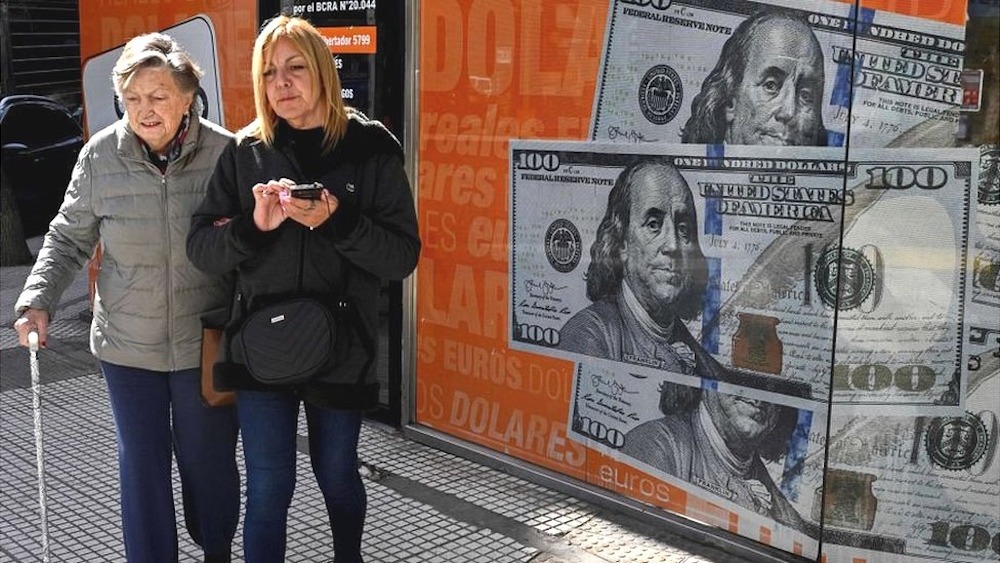Milei postpones the implementation of the ‘mattress dollars’ initiative in light of the upcoming City election. The administration of President Javier Milei has deferred the declaration of new initiatives aimed at incentivizing savers to reintegrate their accumulated dollars into the formal economy. Following a period of anticipation, Presidential Spokesperson Manuel Adorni stated on Thursday that the “economic announcement the National Government had prepared for today has been postponed.” The objective, as articulated, is to thwart political adversaries from seizing the chance to “accuse a package of transcendental measures for all Argentine savers of being electioneering” – a reference to Adorni’s candidacy in the upcoming Buenos Aires City Legislature elections on Sunday.
Reports indicate that the new economic measures are set to be announced following the election this weekend. The Milei administration aims to incentivize citizens to utilize their offshore or cash reserves, channeling these funds into the formal banking sector. In pursuit of this objective, it has consistently communicated that regulatory agencies will not conduct investigations into funds that exist outside the conventional economic framework. Nonetheless, the initiative will necessitate a range of legal modifications to avert it from being perceived as a blatant “whitewash” or amnesty, which would demand formal deliberation in the National Congress.
Numerous analysts have forecasted that alterations to the income tax system may be on the horizon. Earlier this week, Economy Minister Luis ‘Toto’ Caputo confirmed that his officials are developing a set of deregulatory measures aimed at allowing the use of dollars for domestic expenses without the necessity of disclosing the source of the funds. “What we aim to achieve is to encourage individuals to withdraw their funds from their mattresses, safety deposit boxes, or other hiding places and increase their spending,” stated Caputo. The premise is to refrain from providing justifications regarding expenditures, aside from the clarification that they were not deposited in a bank. It represents a significant shift in cultural dynamics that requires clear articulation.
Although specifics of the scheme are yet to be disclosed, certain analysts have already raised concerns regarding the “ambitious plan” of the Milei administration. Nau Bernues, the CEO of Quanestus, stated to the Noticias Argentinas news agency on Thursday that it remains to be seen how the average Argentine – who is largely sceptical and cautious regarding savings – will respond. “What the government is proposing is very ambitious,” he stated, suggesting that “those who have the dollar under their mattress or in their safety deposit box, which serves as their insurance, perhaps their life savings, are unlikely to utilize it for anything, unless it becomes significantly easier to acquire land, real estate, and assets that the average Argentine considers to provide a certain level of protection.”
Bernues stated that “the government wants to go further and make the dollar a more transactional currency, allowing people to buy not only an apartment or a car, but also an appliance or even a cookie at a kiosk.” He concluded: “The government wants Argentines to put dollars into circulation.” It is undertaking all necessary measures to guarantee an increasing supply of dollars. Should that occur with stable pesos or no new issuance, the exchange rate is expected to appreciate. The economic team consistently asserts that the dollar will reach 1,000 pesos per greenback.

